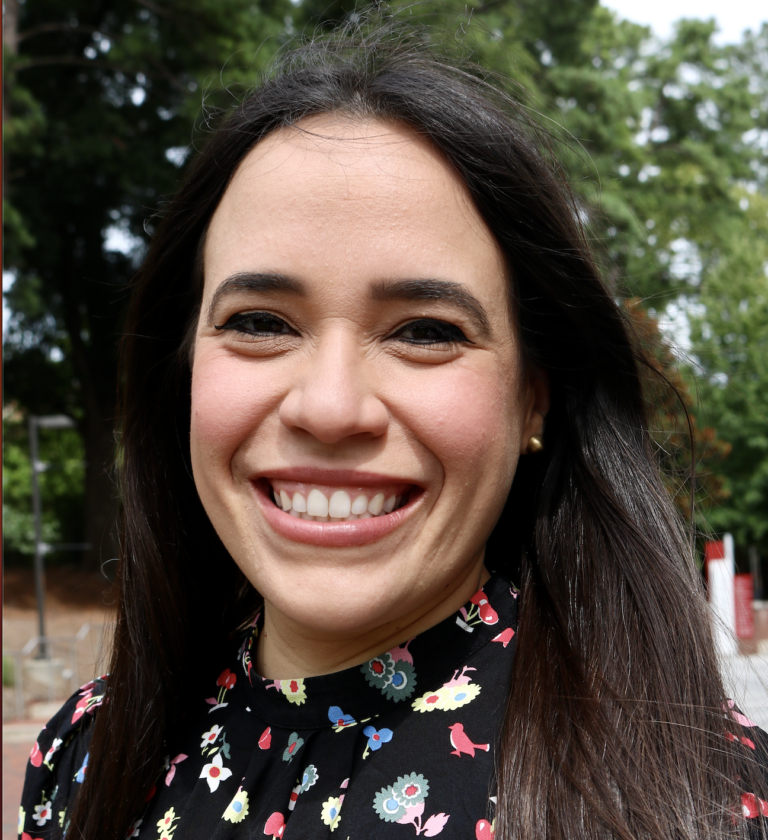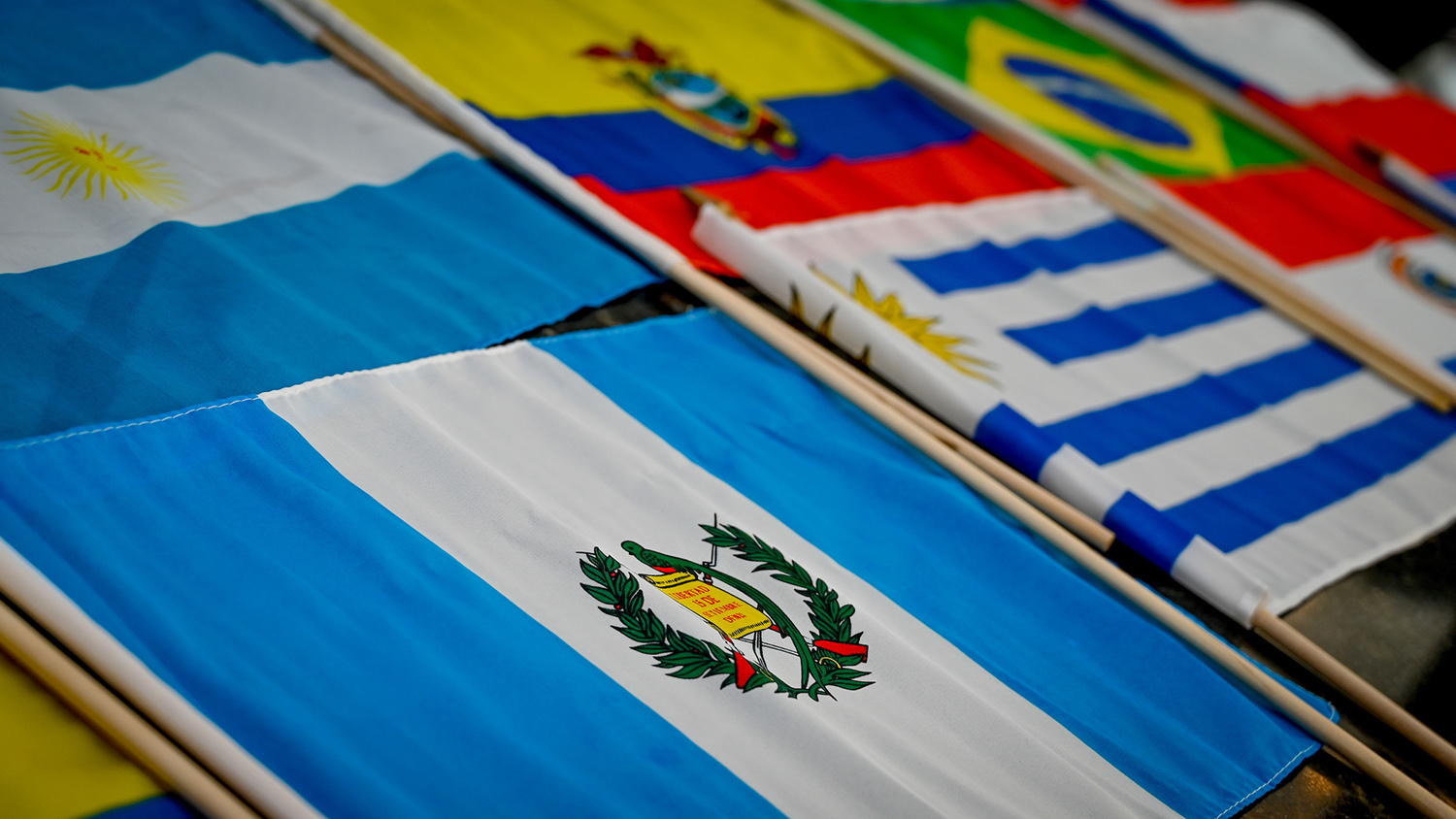UNC Scholar to Talk about State Violence and Maya Literature in Guatemala
 “State Violence, History and Maya Literature in Guatemala”
“State Violence, History and Maya Literature in Guatemala”
A Talk by Dr. Emilio del Valle Escalante
Wednesday March 23 – 4:00 p.m. – 5:00 p.m.
Location: Withers 331
Dr. del Valle Escalante (Guatemala, 1970 / maya ki`che`) is Associate Professor of Latin American Studies and Latin American Indigenous Literatures at University of North Carolina at Chapel Hill, NC. Recently, he edited a collection of articles on Latin American Indigenous Literatures entitled Teorizando las literaturas indígenas contemporáneas [Theorizing Contemporaneous Indigenous Literatures] (Editorial A Contracorriente, Raleigh, 2015).
Abstract: Between 1980 and 1983, the Guatemalan army carried out some of its worst attacks against the Maya populations in the rural areas of the country. For instance, General Efrain Rios Montt’s scorched earth campaign, “Bullets and Beans,” concluded with the massacre of over 70,000 civilians within the short period between 1982-3. Notwithstanding the thousands of people that were persecuted, murdered and displaced, thousands of those who fled the state sponsored terrorism managed to survive by employing collective strategies in the altiplanos. Today these survivors are known as the Communities of Population in Resistance (CPR), a network of organizations that settled or were in constant movement in the jungles of Guatemala (at times, in Mexico) and numbered over one million people, displaced by the violence. In this presentation, I will explore the CPR’s politics of resistance through Sabino Esteban Francisco’s (Maya Q’anjob’al) book of poetry, Gemido de huellas [The Moan of Footprints] (2009), a poetic autobiographical account that registers the experience of Maya Peoples who were displaced during the armed conflict, and consequently joined the CPR in the early 1980s. I argue that with his book, Francisco —a survivor of the war who grew up and became educated in the settlements of the CPR located in Ixcan— develops a poetics of survival in which he narrates experiences of violence, pain and chaos to not only disclose the operations of settler colonialism (Wolf), but also to “re-member” the Maya social body by confronting the past. In doing so, he rewrites or re-rights history in order to inscribe the historical memory of the CPR and particularly, the Maya survivors of the armed conflict.
This event is sponsored by the Department of Foreign Languages and Literatures and Editorial A Contracorriente.


